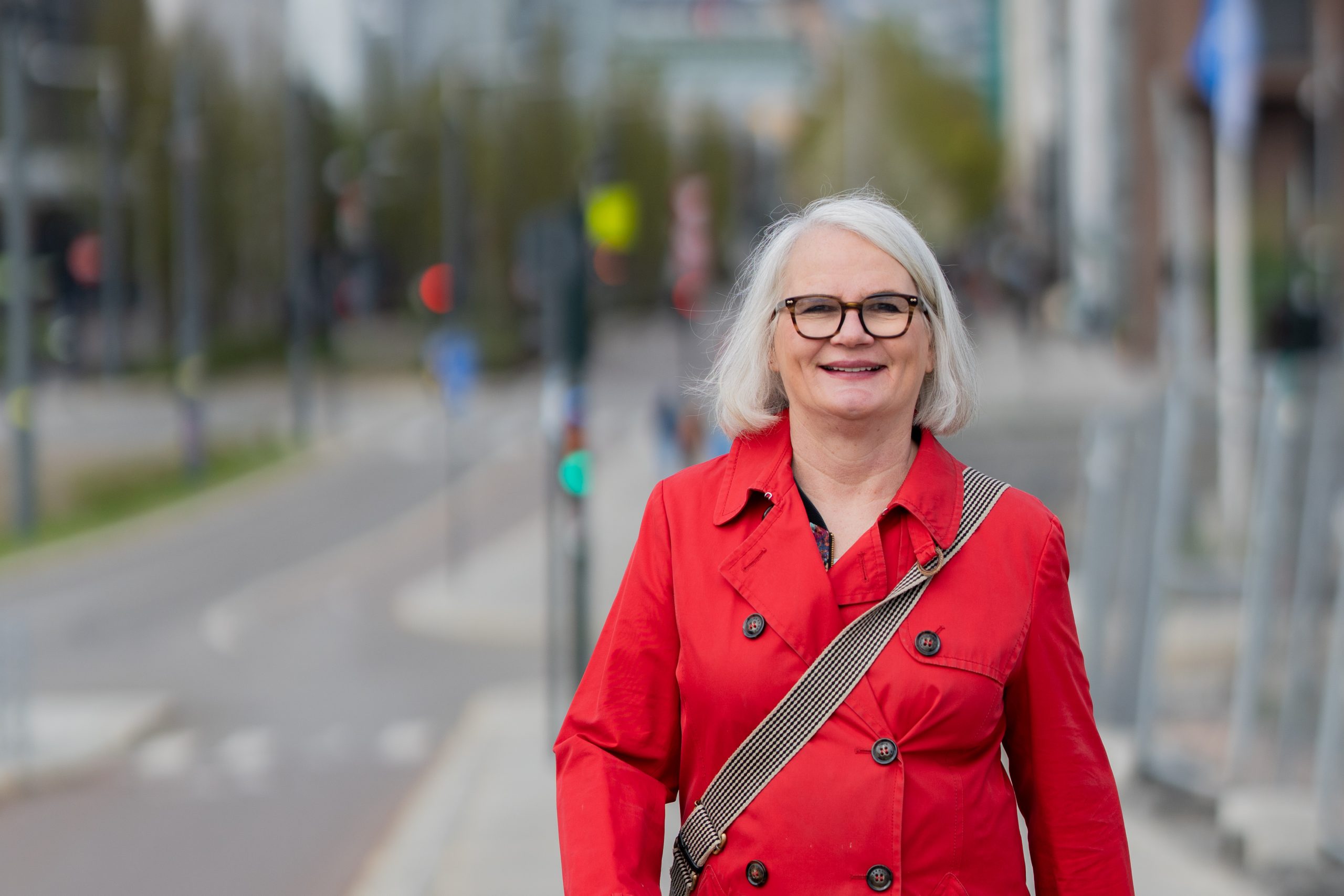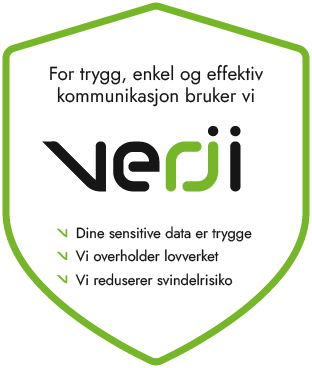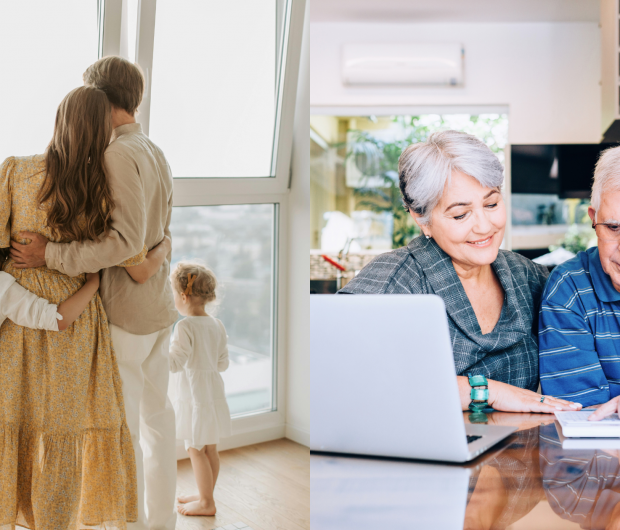Buying property in Norway as a foreigner is not as complicated as you might think. While the rules for living and settling in Norway can be complex, the process of acquiring real estate is relatively straightforward—provided that your finances are in order.
In this post, I’ll walk you through what’s required to buy property, how to handle residency questions, and what to do if you need a Norwegian bank account.
Can Foreigners Buy Property in Norway?
Yes, foreigners can buy property in Norway without significant restrictions. The main requirement is proof of financing. When you make a purchase offer, you must demonstrate that your funds are available and legitimate.
Due to anti-money laundering laws, sellers (or their agents) may ask about the origin of your funds. If your money comes from salary, savings, or other legitimate sources, this is not an issue.
Tip: Always have documentation ready, such as bank statements or proof of transfer, to avoid delays during the purchase process.
Residency Rules: What You Need to Know
While buying property is easy, obtaining residence or the right to live in Norway is a separate matter. Norwegian residency rules are complex and depend on your nationality, employment situation, and other factors.
This is not my area of expertise, which is why I work with an experienced immigration lawyer who can guide you through the process and assess your chances of getting a residence permit. If you need help, I can provide his contact details.
What Is a D-Number, and Why Do You Need One?
A D-number is a temporary identification number issued by the Norwegian Tax Administration (Skatteetaten). It’s often needed when you have financial or official ties to Norway but are not a resident.
To get a D-number, you generally need:
If you buy property in Norway, you will automatically be assigned a special D-number to register your ownership with the Norwegian Land Registry (Kartverket).
Important: This property-related D-number is not the same as a general identification number and cannot be used for all services.
Opening a Bank Account in Norway
Most foreign buyers want a Norwegian bank account to pay property-related expenses. Unfortunately, it’s nearly impossible to open a bank account without a D-number(the “proper” one from the tax office).
So, how can you handle costs such as:
The solution is to pay from your foreign bank account using IBAN details (International Bank Account Number) provided on the invoices you receive.
Paying Bills Without a Norwegian Bank Account
Even if you can’t open a Norwegian bank account, you can still pay bills for your property:
-
Use your foreign bank account.
-
Ensure you include the IBAN number (listed on the invoice).
-
Use SWIFT/BIC codes if required for international transfers.
This system works well for most property owners living abroad.
Final Thoughts
Buying property in Norway is straightforward for foreigners, but settling here is a different story. Make sure you have the right legal advice on residency and understand how to handle banking challenges.
Even without a Norwegian bank account, paying property expenses is manageable with international transfers and IBAN numbers.










